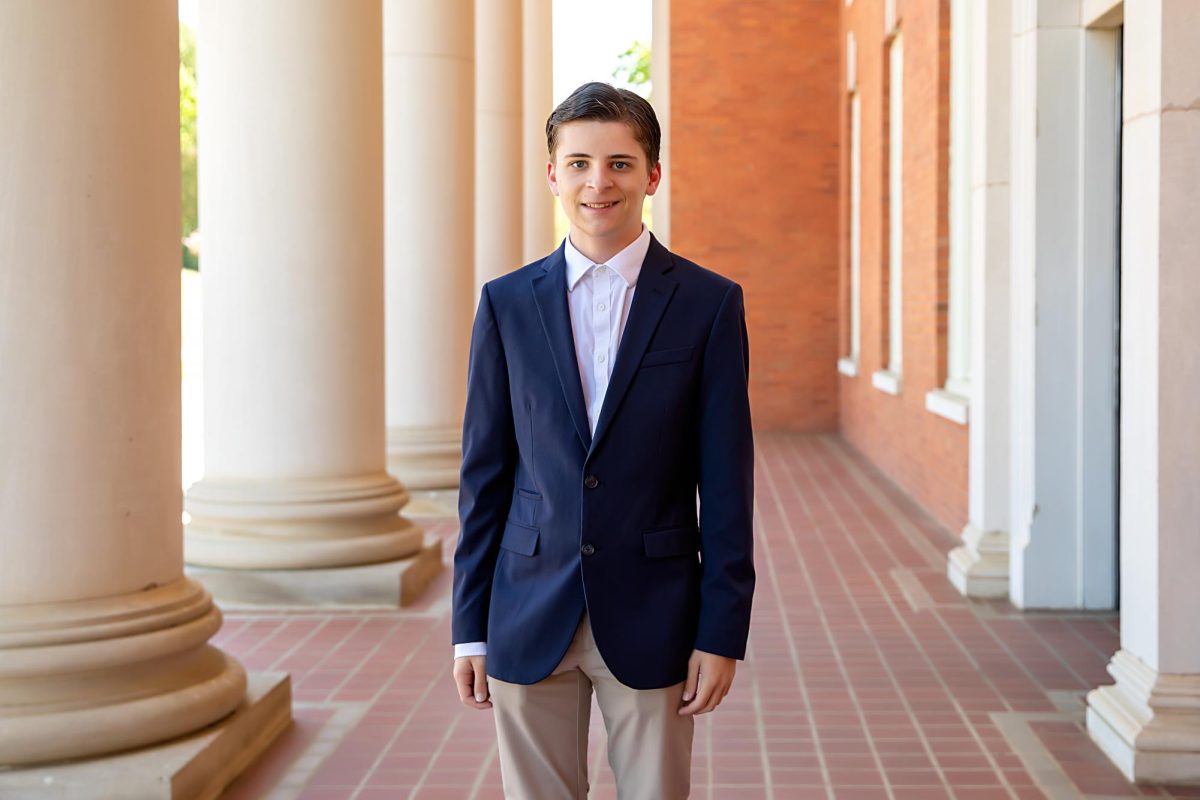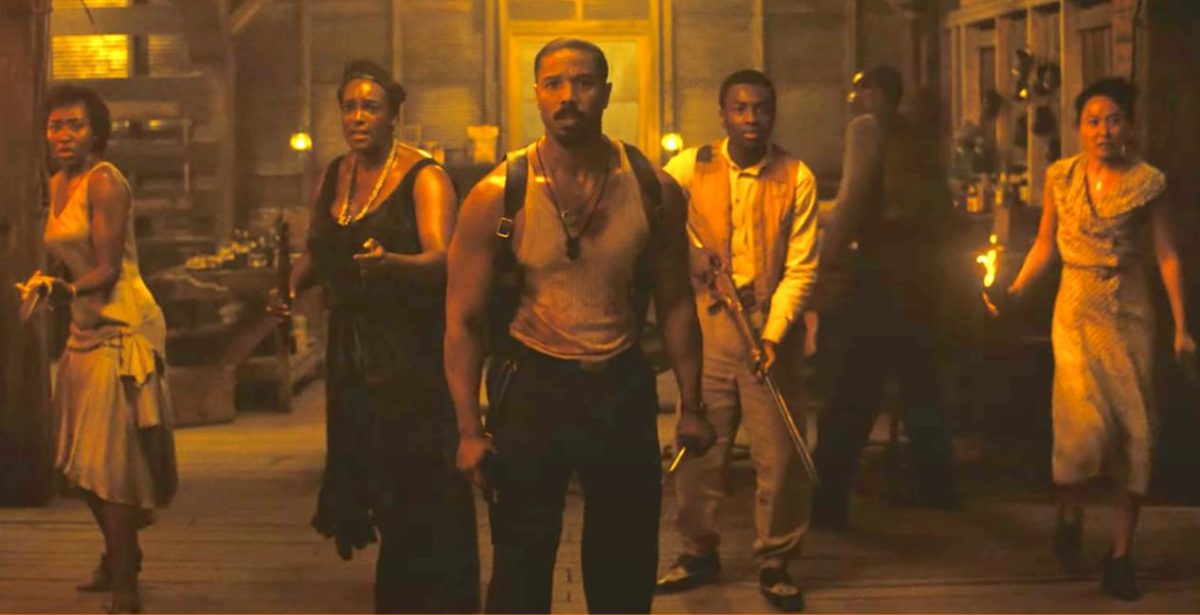As an English major, I’ve been lucky to be exposed to much great literature and many modes of critique that I would have never been exposed to, or able to recognize, otherwise. Lately, my courses have been helpful in putting me to practice, and in summary, I can’t unsee many of the literary methods I’m exposed to, and I’m forced to recognize the founding elements of comparatively ancient stories in the shows and television I watch today. It’s both a blessing and a curse because I start to think about meaningless things way too hard.
One of the most recent classifications of English literature I’ve become familiar with is that of the “pastoral,” where mostly urban poets write out their romanticized versions of a beautifully simplistic country life, often focusing on shepherds. I couldn’t help but apply this to our modern cultural contexts, and our many desires for simplicity and escape, and how the pastoral genre is alive and well with the several series and films of the “Trailer Park Boys” franchise.
The Canadian television show debuted in 2001 and banks on its cheeky comedy, minimalist production value and outlandishly funny characters. Based in Sunnyvale, a fictional Nova-Scotia trailer park, the mockumentary follows a trio of questionable junior-high dropouts who commit felonies in nearly every episode, spend most of their off-screen time in jail and are somehow so unbelievably lovable. The characters’ personalities drive the show’s rich writing and the show has a similar security-blanket effect to other shows from its time like The Office. You know what you’re going to feel every time you watch it, yet each episode is unique and fun in its own way. Shows like “Trailer Park Boys”make the insane hilarious in their context, and for an audience who knows that everything will be alright in the end.
Pastoral literature was written to strike a very similar chord to “Trailer Park Boys,” as it’s meant to show the charm of a life away from the hustle of the overarching population. It opens the reader to the refreshing, rewarding, pleasant life of the shepherd, farmer or whatever kind of fictitious worker the poet is trying to imagine. The poet has no honest experience as a shepherd, and if we are to take their writing at face value, clearly no understanding of how difficult and complex life as a herder or farmer can be. The writing often consists of men calling for women to come live with them in nature, while shepherds dance and sing for them.
A similar point can be made about the directors and creators of “Trailer Park Boys”, who conceptualized the characters even before the show was written via their short films as unabashedly simple, with an ability to walk out of trouble unscathed and have a few laughs and drinks amidst the most impossible of circumstances. These characters (to my knowledge) aren’t true to real trailer park life, which can inarguably be dangerous at times, and remain happily stable under tremendous stress and insurmountable odds.
However, pastoral poetry is beautiful and enriching to read. In a similar way, “Trailer Park Boys” brilliantly creates an entertaining window into an endearing group of friends with no noteworthy responsibility, effort or danger that’s beyond control. They’re living their lives for us, and we’re happy to watch.














